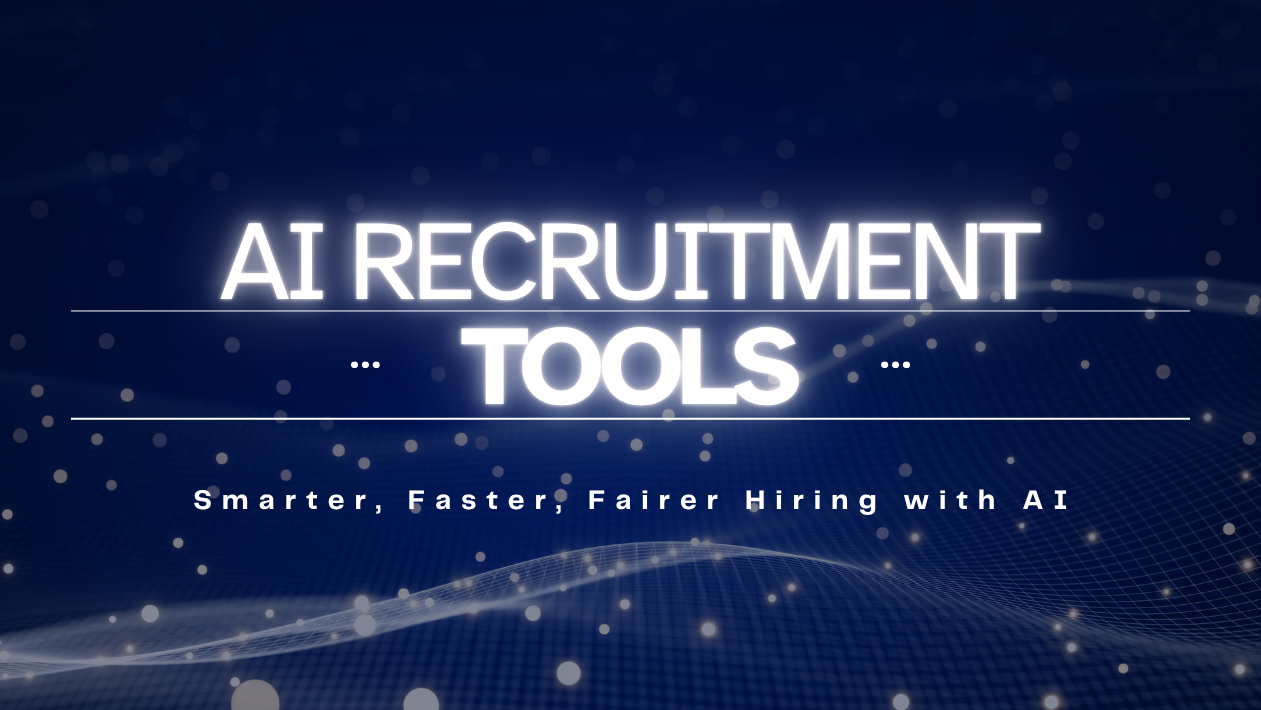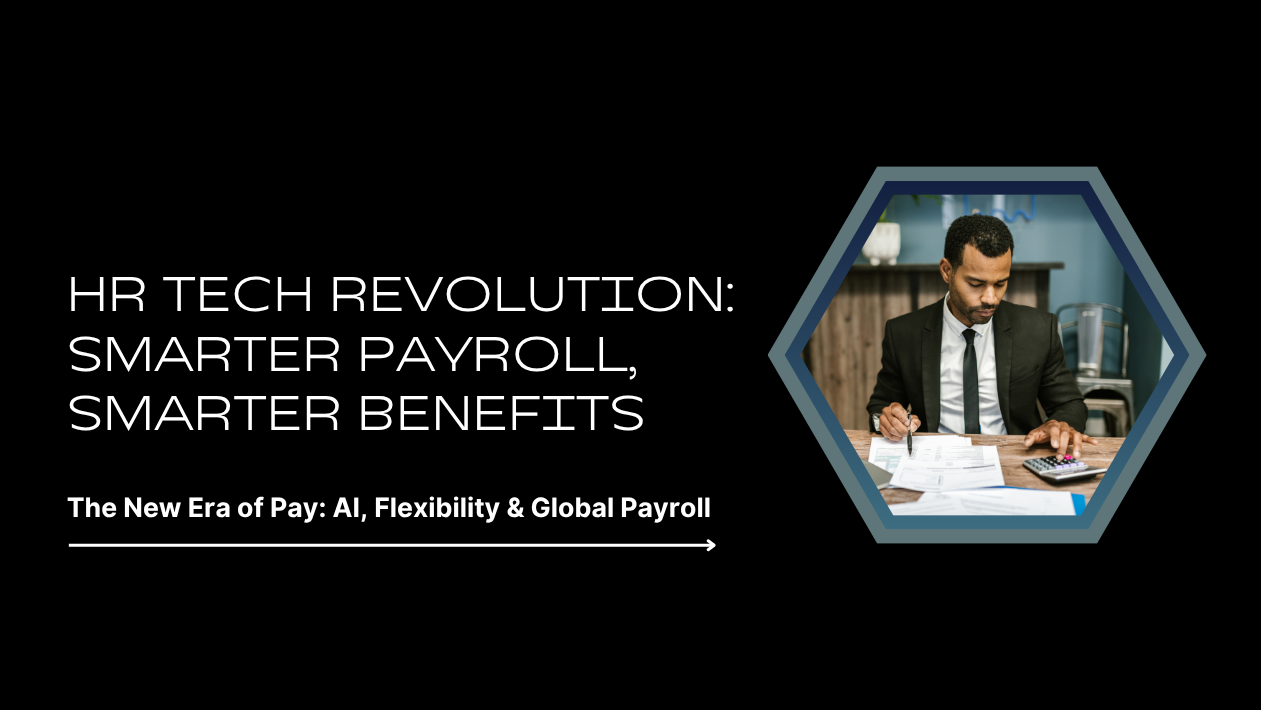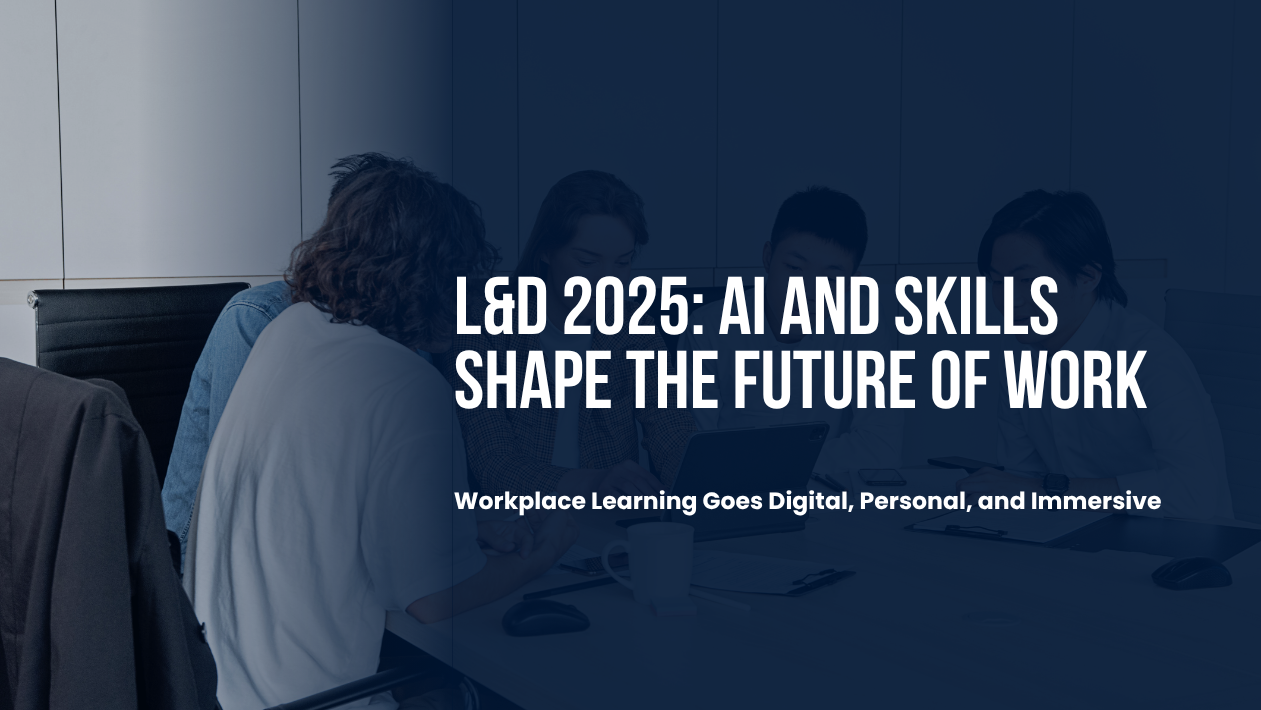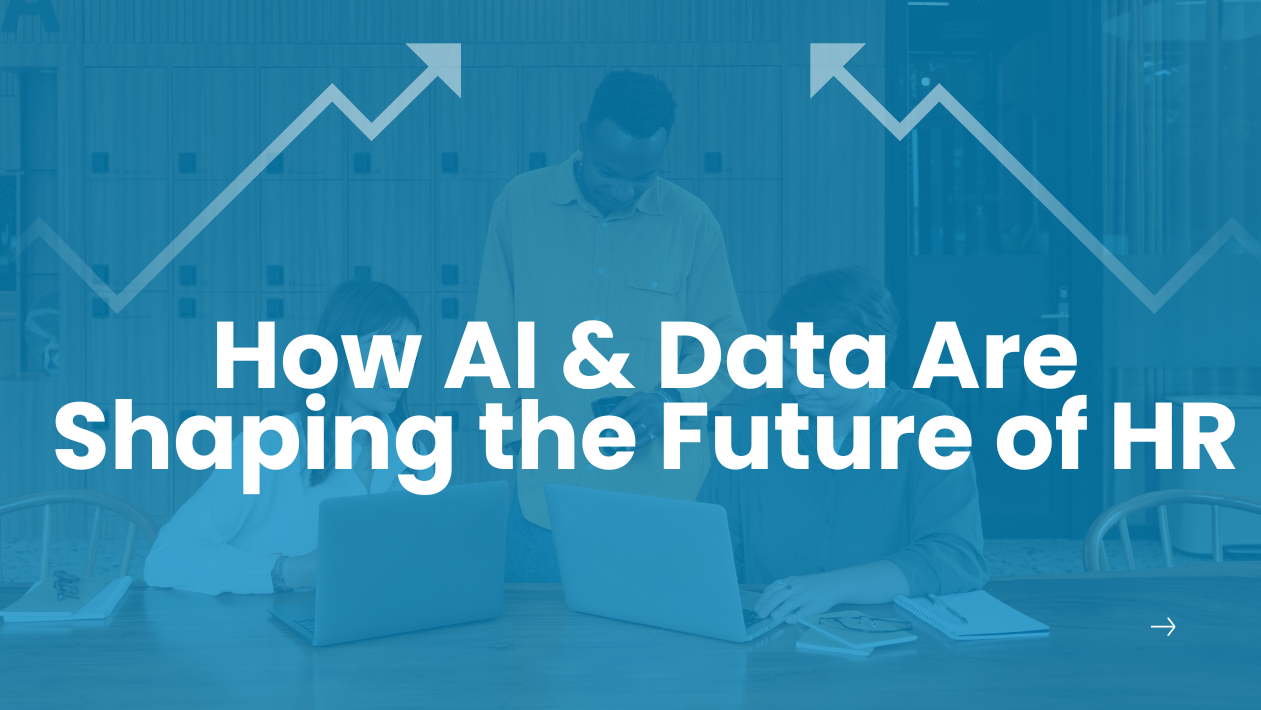In 2025, employee engagement is no longer seen as an HR initiative—it has become a business-critical strategy driving productivity, innovation, and retention. As competition for talent intensifies, organizations are investing in AI-driven insights, personalized recognition systems, and wellbeing programs to keep employees connected, motivated, and loyal.
AI and Analytics Redefine Engagement
Leading enterprises are turning to platforms like CultureAmp, Workday, and Qualtrics to measure employee sentiment in real time. AI-powered analytics now track patterns in morale, performance, and collaboration, allowing leaders to address disengagement before it escalates.
Recognition and Rewards Go Digital
Companies are shifting from annual awards to continuous, personalized recognition. Digital tools like Bonusly and Lattice are enabling peer-to-peer shoutouts, micro-bonuses, and real-time rewards, strengthening team culture in both remote and hybrid setups.
Wellbeing Becomes a Priority
Employee wellbeing has moved beyond health insurance. Employers are investing in mental health programs, flexible work policies, and financial wellness support. Research shows companies that prioritize wellbeing see a 34% higher employee loyalty rate.
Hybrid Work Demands Stronger Connection
With hybrid work now standard, businesses are creating virtual engagement programs, remote leadership training, and culture-focused initiatives to ensure employees feel connected regardless of location.
Purpose and DEI Drive Loyalty
Employees increasingly want to work for companies that stand for something meaningful. Diversity, Equity, and Inclusion (DEI) efforts—paired with clear corporate values—are proving to be strong engagement drivers in 2025.
The Future of Engagement
Industry experts predict that by 2030, engagement strategies will be fully personalized and predictive, blending AI, behavioral science, and human-centered leadership to create workplaces where employees thrive.




